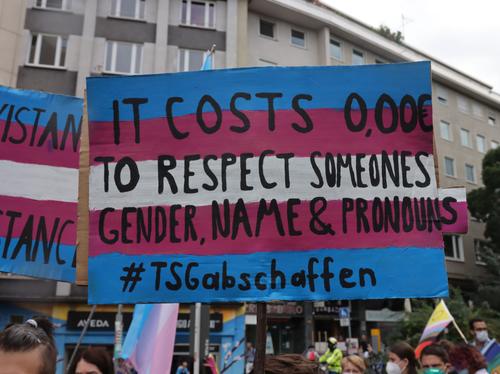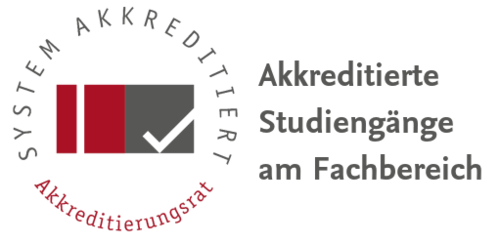LGBTIQ* Movements as Agents of Democratization
History
11.11.2025
Our project explores LGBTIQ* activism as a force for democratization. Since the Weimar Republic in the early 20th century, LGBTIQ* movements have challenged exclusion and expanded democratic participation through protest, memory work, and queer archives. While frequently dismissed as “identity politics,” these efforts reveal the democratic potential of marginalized voices. We share this history as a historical, contemporary, and future resource for imagining inclusive and diverse democracies — especially vital today amid global anti-democratic and anti-LGBTIQ* backlash.
Workshop Wiener Freiheit
Queer Archives: Anna E. Weirauch Collection, 1920s
Bildquelle: Mika J. Wisskirchen
Photos and cassette, visit of Audre Lorde, Spinnboden, 1983.
Bildquelle: Mika J. Wisskirchen
Who we are
We are a transdisciplinary team working at the intersection of academia, activism, and the arts. Our members include Andrea
Rottmann and Kai* Brust (FU Berlin), Christine M. Klapeer and Tarek Shukrallah (JLU Gießen), Eike Wittrock (MUK Wien), Gin Müller (Verein zur Förderung der Bewegungsfreiheit Wien), and Hannes Hacke (QueerSearch. Dachverband deutsch-
sprachiger queerer Archive, Bibliotheken und Sammlungen/FU Berlin). Together, we bring expertise in queer history, demo-
cratic theory, social movements, performance studies, and archival work.
How we work
We combine feminist, queer, and activist research methods, informed by archival and artistic practice. Our tools include
protest event analysis, dissident citizenship theory, oral history interviews, digital linked open data archiving, and theatrical reenactments. We meet in biannual workshops for interdisciplinary exchange and use a shared code of conduct and ethical guidelines. Participants from academia and civil society co-shape our research as collaborators and co-researchers.
Our Goals
We aim to understand LGBTIQ* movements not only as struggles for rights, but as transformative forces in democratic societies. Our goal is to reframe queer activism as a driving factor in democratization and to resist current anti-democratic trends. We emphasize the value of LGBTIQ* archives as grassroots institutions and key educational resources that preserve activist memory and support inclusive civic learning.
Output
Our project creates accessible and connected LGBTIQ* archival collections enriched through collaborative research. We develop innovative public formats such as theater workshops, digital storytelling, podcasts, and an oral history platform. In open labs, we engage with educators, activists, and cultural workers. Academic findings are published in open-access formats, supporting both scholarly exchange and civic education.






